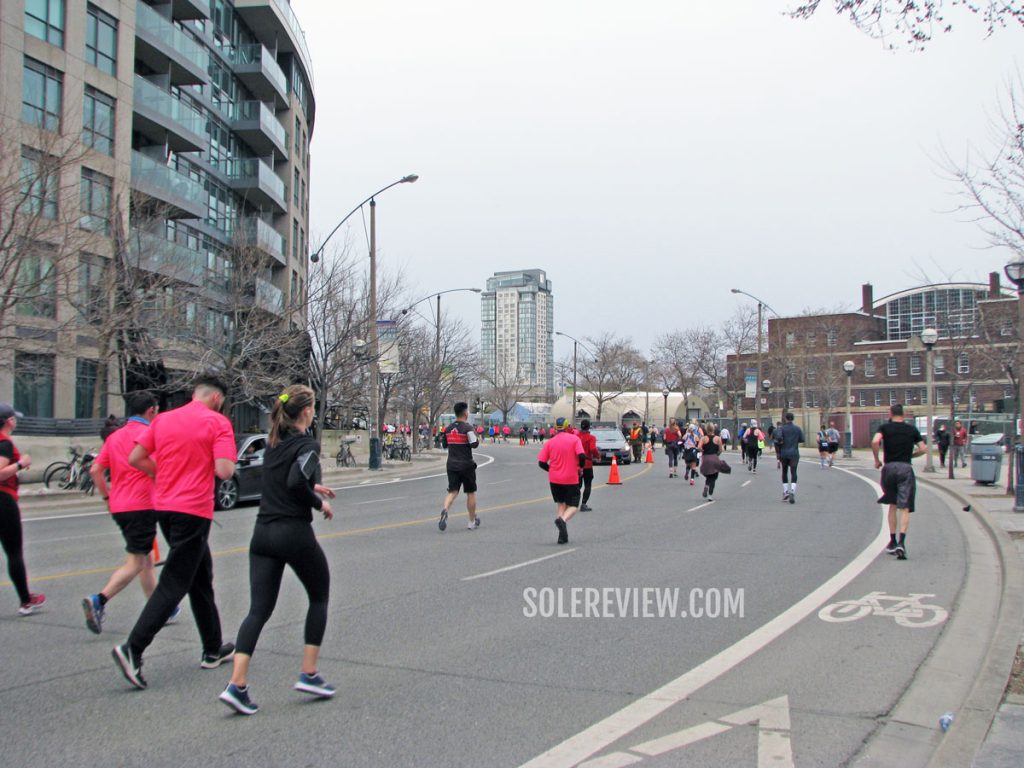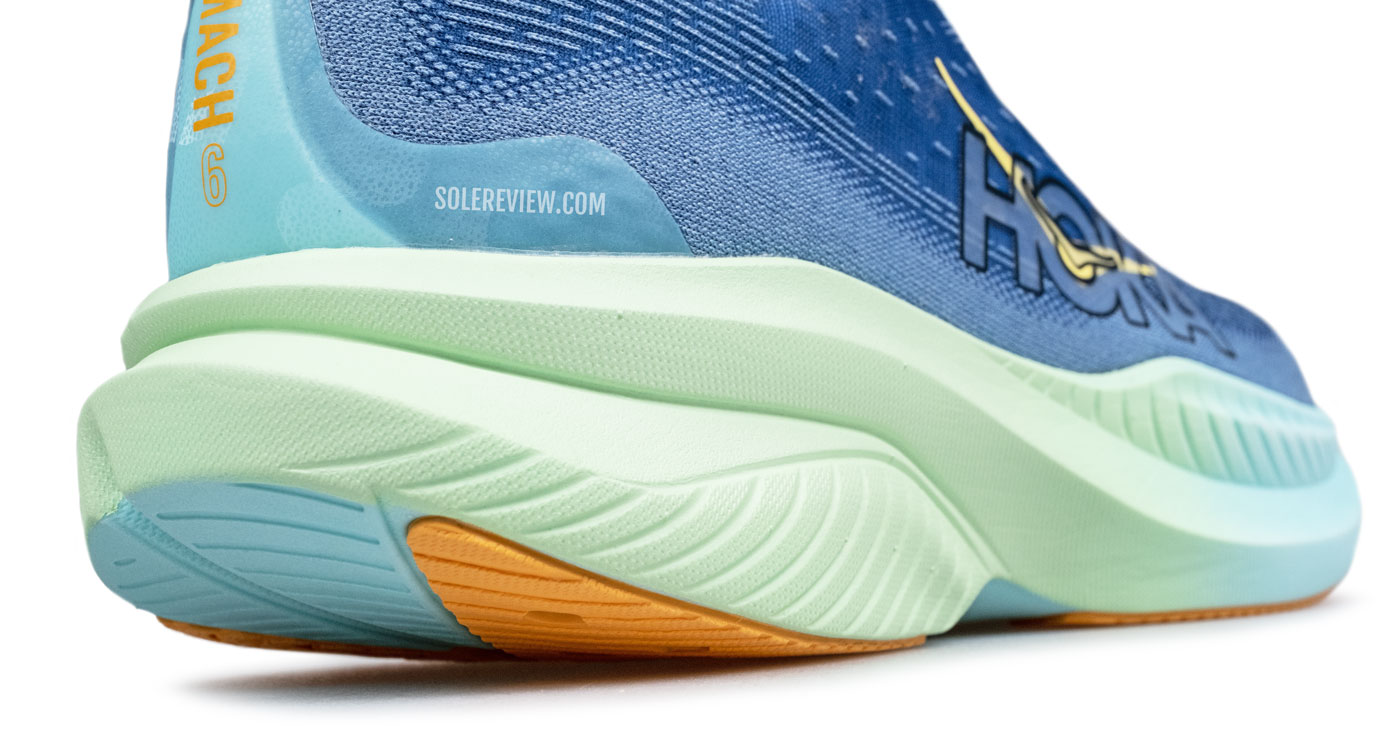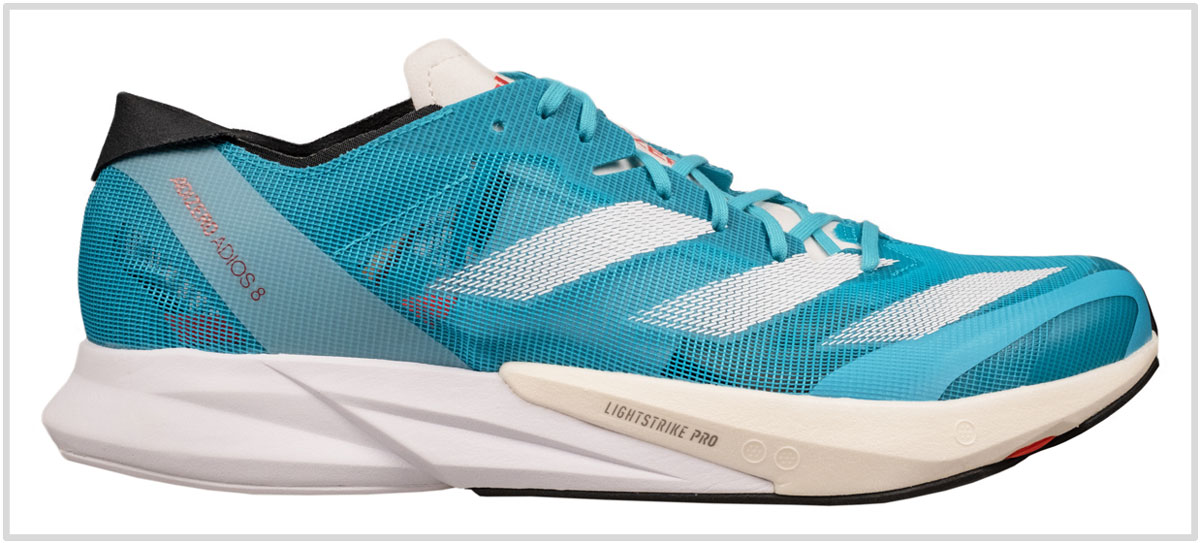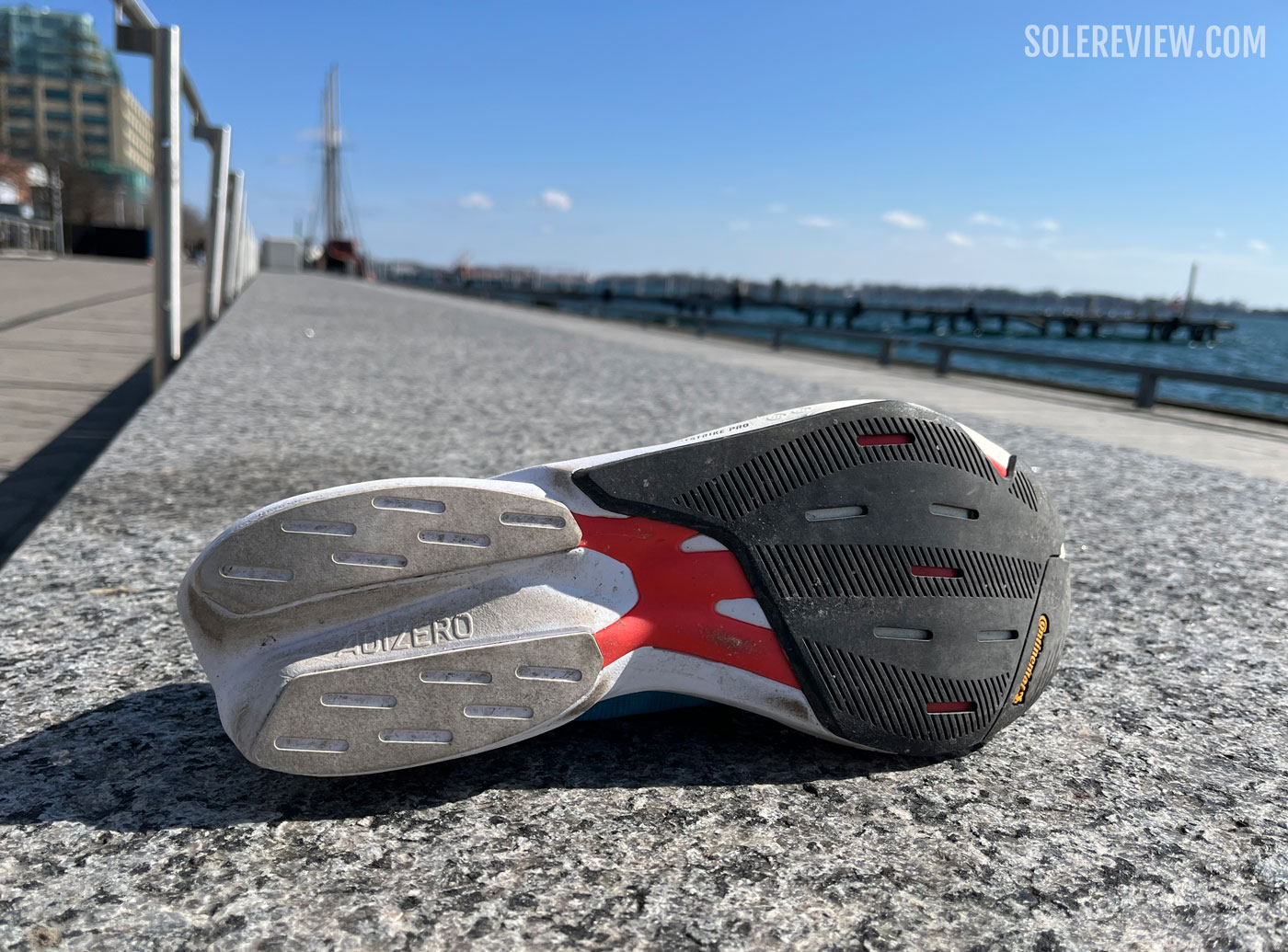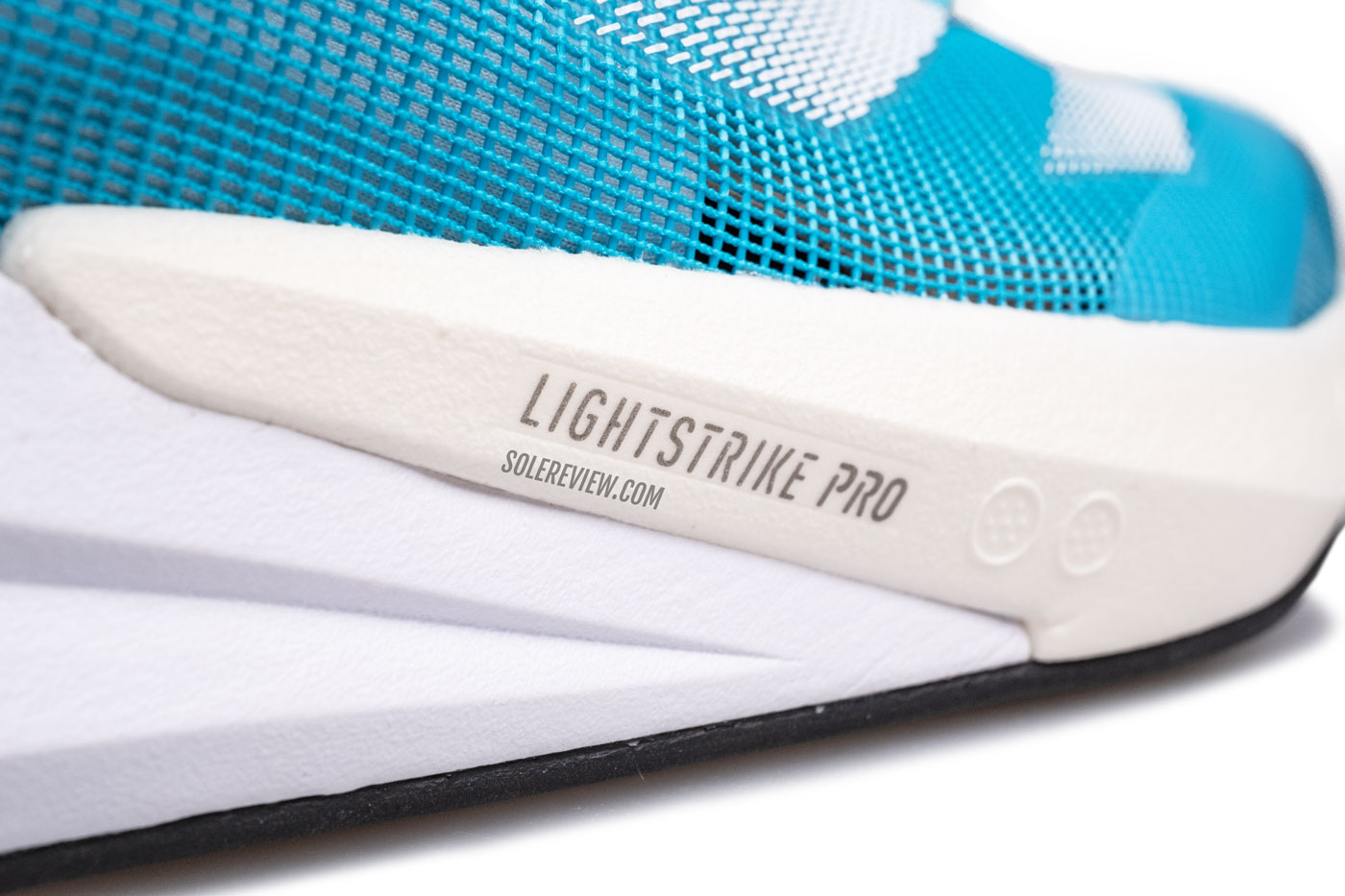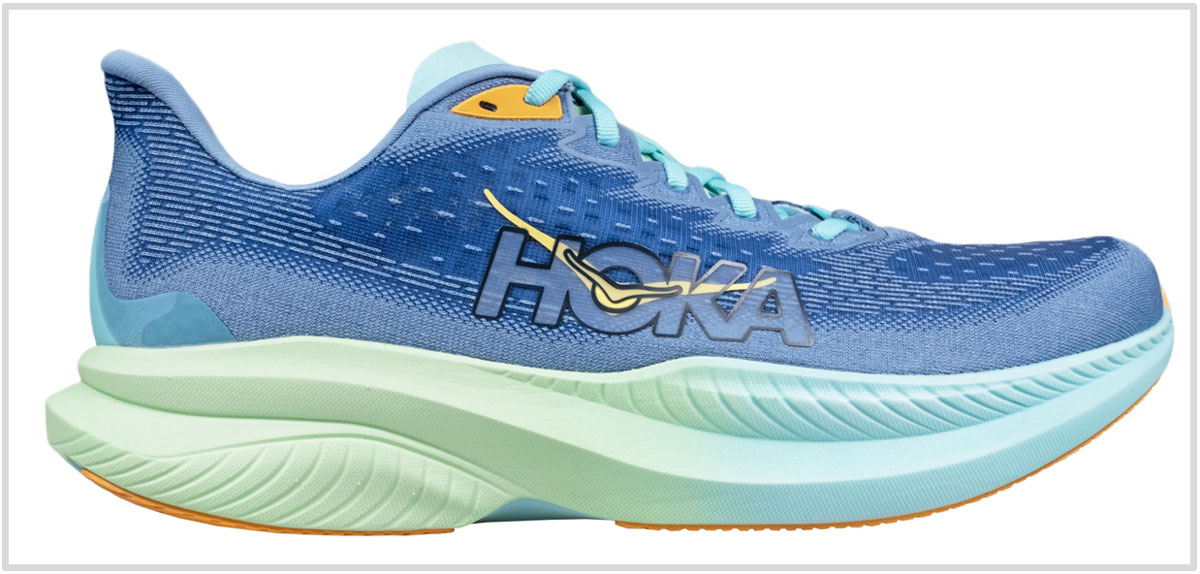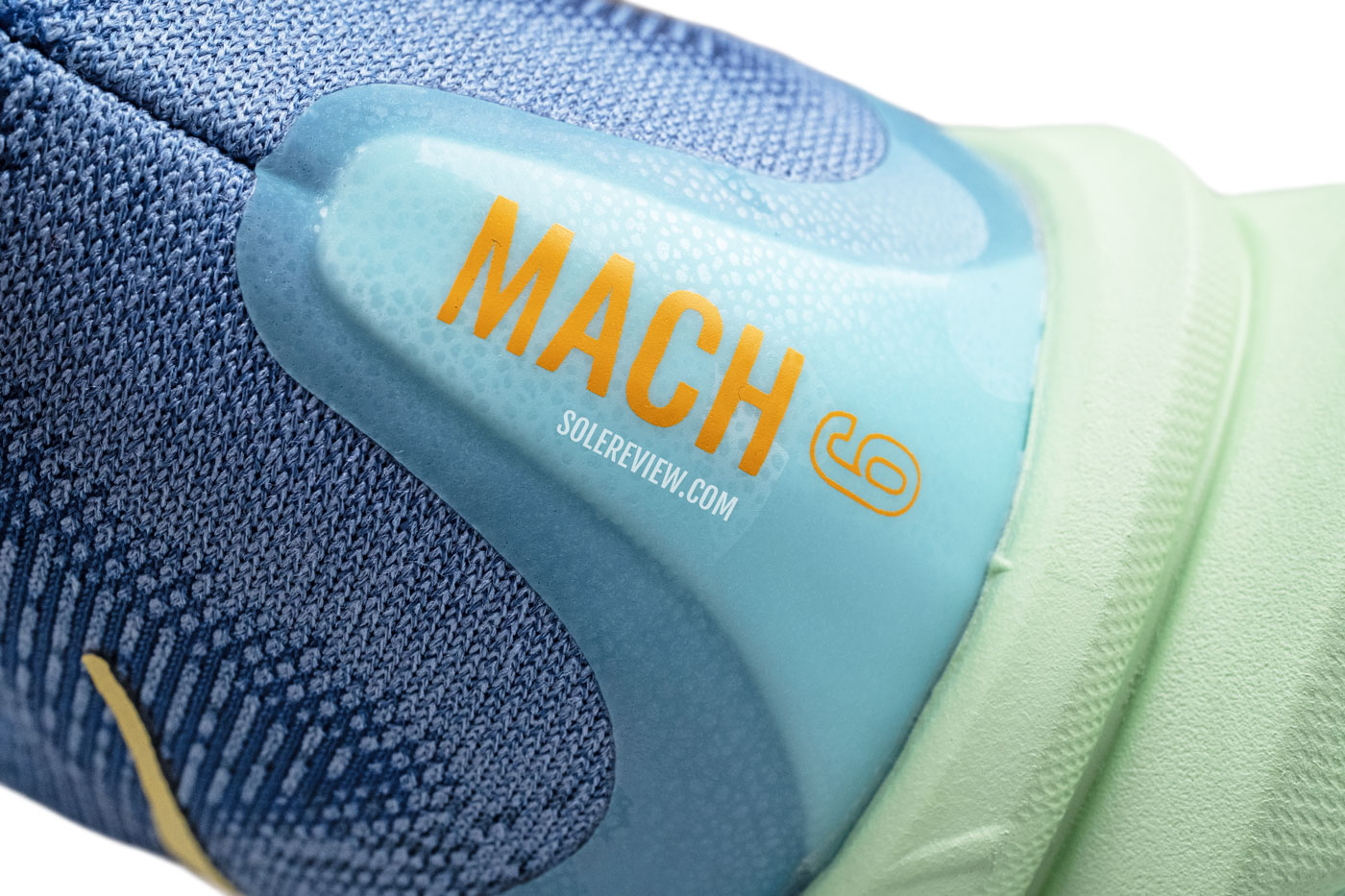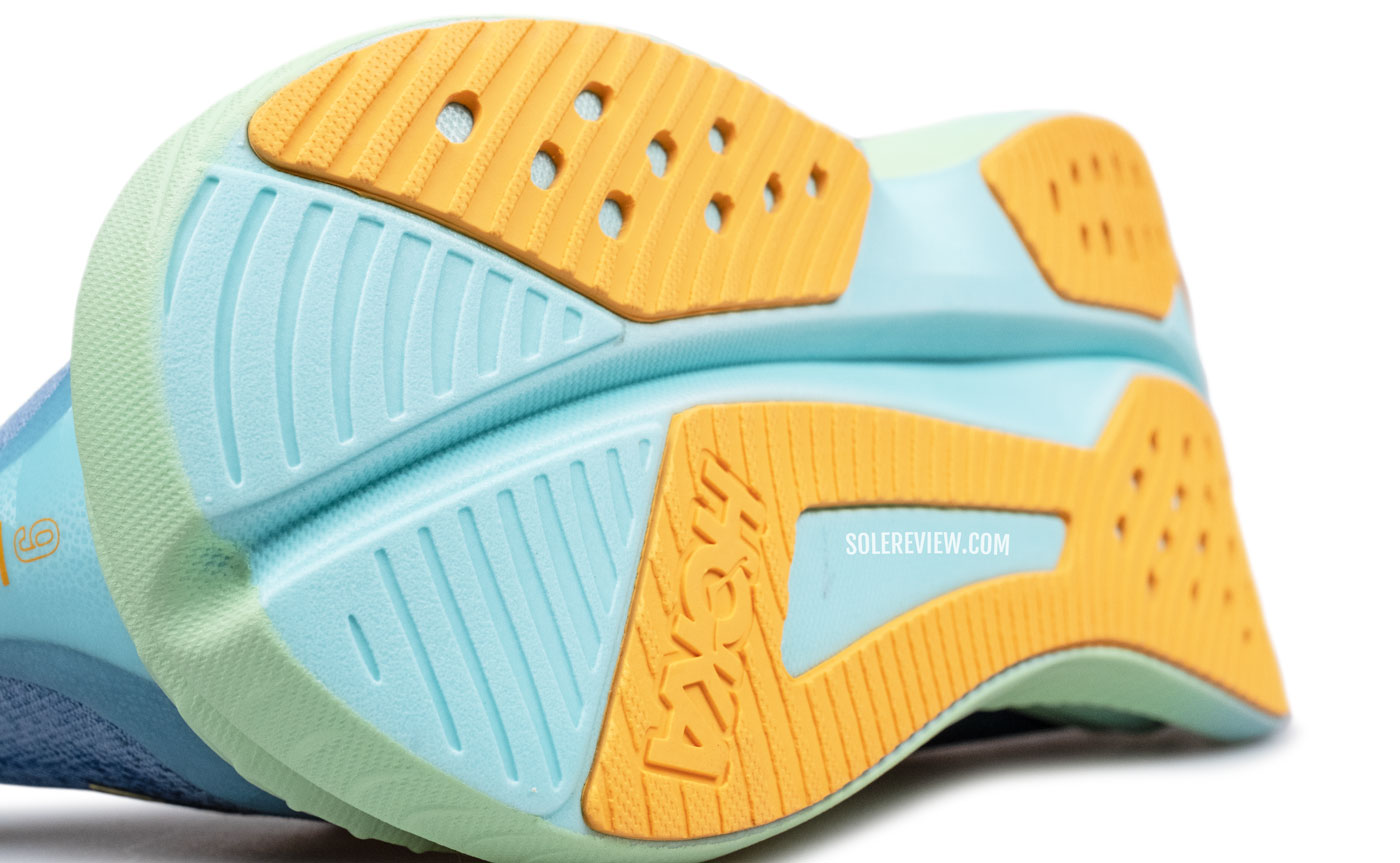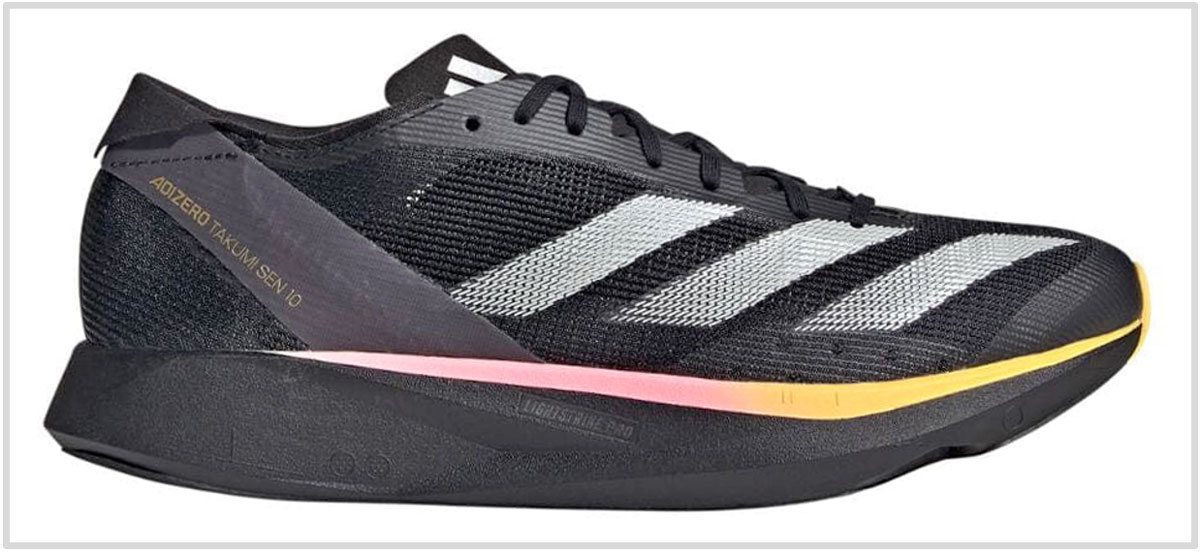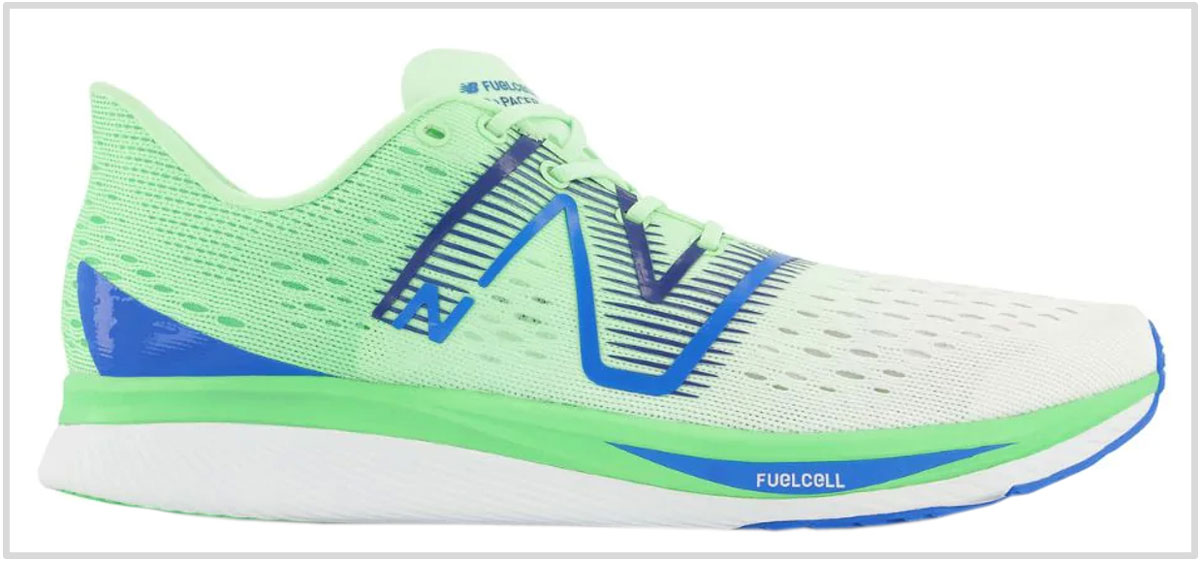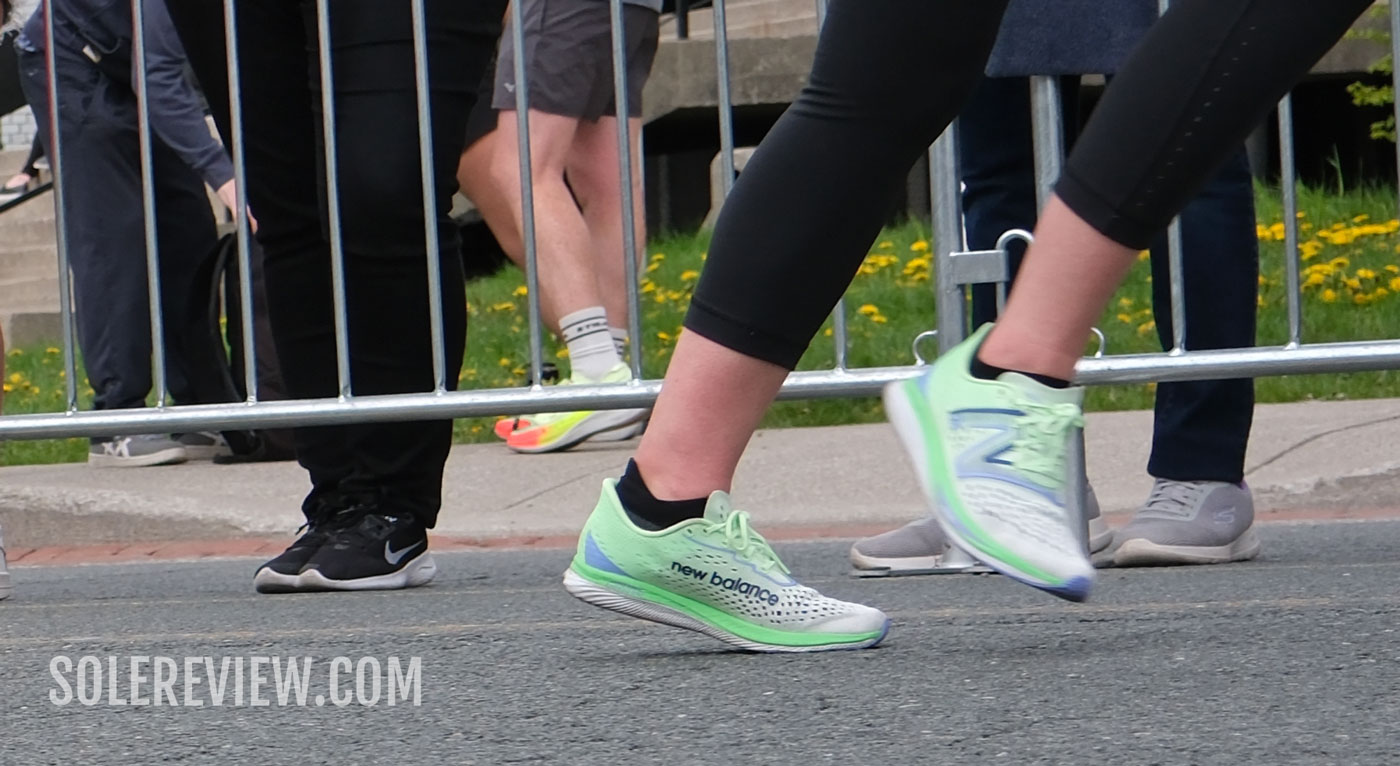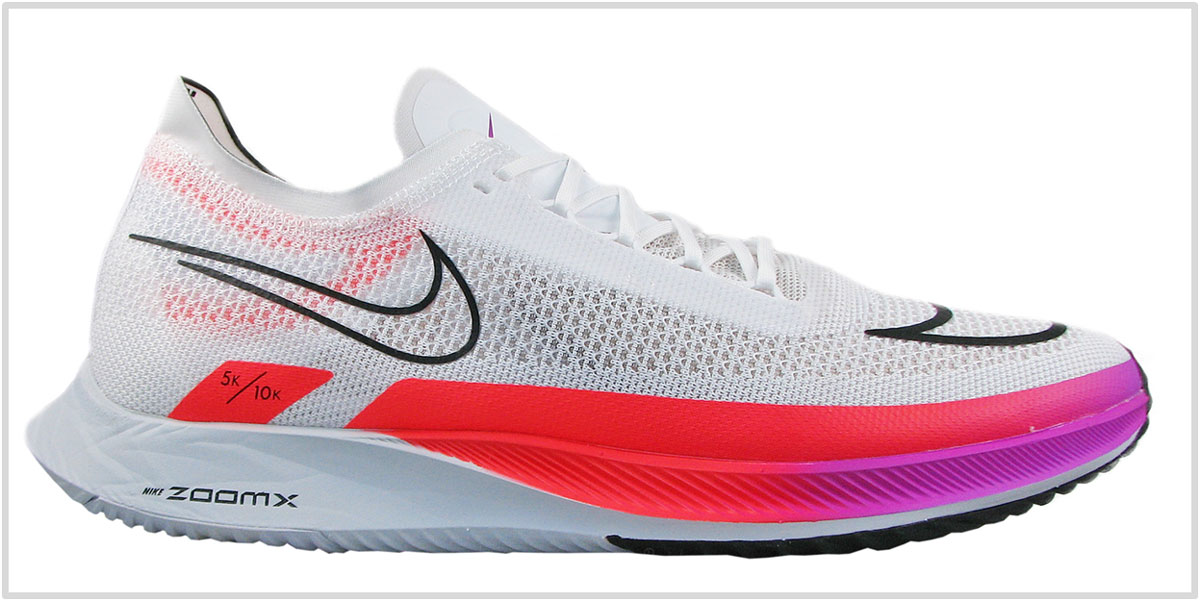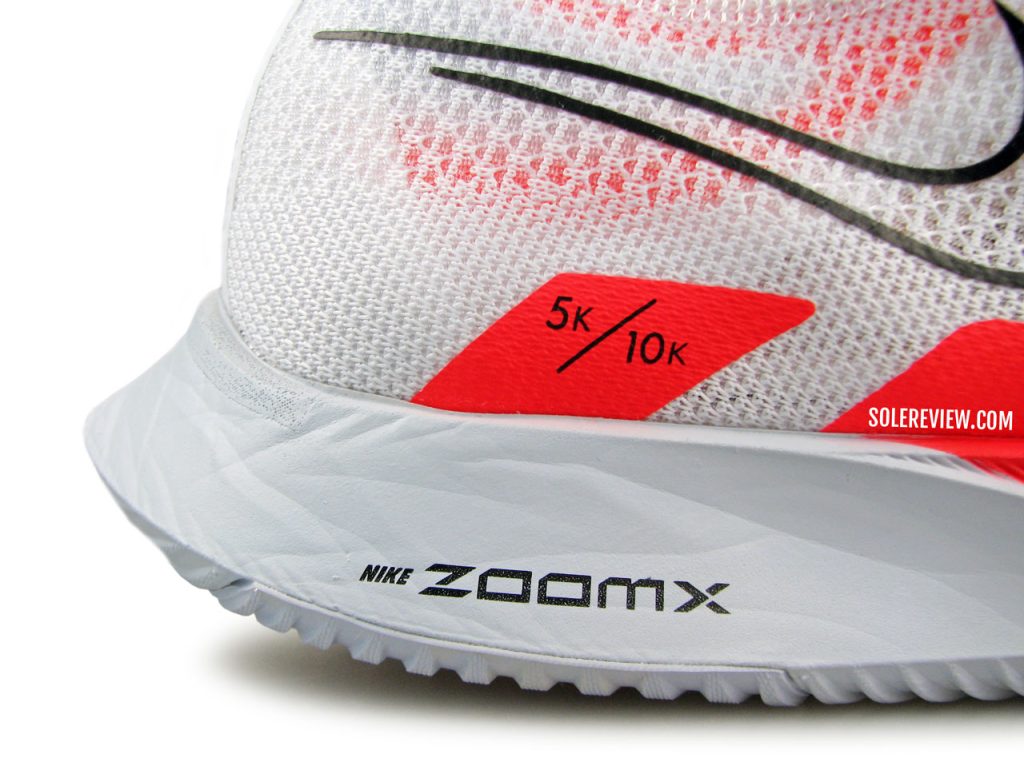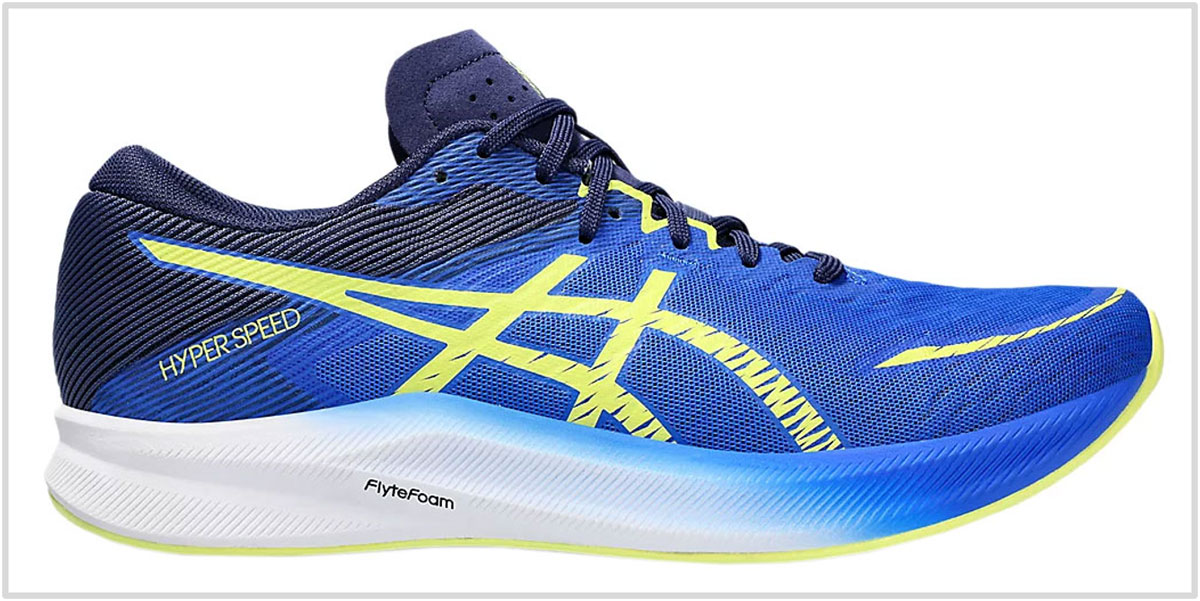This article has been updated with current models for April 2024. The Asics Tarther RP 3 has been removed. The adidas Takumi 10 is a new addition. The Hoka Mach 5 has been replaced with its updated version.
In this product guide:
- 1. Factors to consider
- 2. Cushioned and durable 5K racer: adidas Adios 8
- 3. 5K racer with soft cushioning: Hoka Mach 6
- 4. 5k racer with specialized outsole: adidas Takumi 10
- 5. 5k racer in a wide (2E) sizing: New Balance SC Pacer
- 6. 5k racer with a soft PEBA foam midsole: Nike ZoomX Streakfly
- 7. Entry-level 5k racer: Asics Hyper Speed 3
5K training runs and races are great. Most people in reasonable shape can do it, and even if you trod along at a very leisurely pace, the run is over within 30 minutes. You don’t have to train for months or go through a carb-loading ritual, and for most runners, recovery is a non-existent problem.
But where’s the fun in taking over 20 minutes to finish a 5K?
These short-distance races are where you’re likely to set your personal best. It is possible to maintain a rate of speed that is otherwise hard to sustain in distances of half-marathon and beyond. It’s like a road version of your speedy track workouts.
And shoes – that’s what we’re here for, yes? You need the right pair of running shoes to make the best of those 20 minutes.
5K is a distance that’s best served by racing flats and their ilk. The fact that they aren’t very cushioned is irrelevant given the short distance. In lieu, you get a featherweight shoe with a superlative road grip – exactly what a 5K entails.
On the following list, most of the shoes loosely belong to the category of racing flats. We say ‘loosely’ because only zero-drop shoes qualify as true racing flats.
This guide also includes more cushioned models like the Hoka Mach 6. Thus, most of the shoes here can be used for 10K races too. In case you’re searching for cushioned speedsters, read our other guide here.
In the spirit of brand diversity, we’ve put together recommendations from various manufacturers.
1) Cushioned and durable 5K racer: adidas Adios 8
The adidas Adios has always been a popular choice for short-distance races and speed training, and with good reason. The low-profile midsole hits the sweet spot between transition-friendly firmness and ride comfort. Read our in-depth review of the adios 8 here.
The forefoot design is optimal for quick turnovers. The softer Lightstrike Pro foam cushions the landings, whereas the Continental rubber outsole and Torsion shank (aka EnergyTorsion) make the transitions efficient and connected. The plastic shank is articulated into three ‘fingers’ or sections for better mobility.
The traction is excellent, and that’s not surprising considering how generous the outsole coverage is.
The rearfoot has Lightstrike 2.0 (an EVA foam blend) for support. Do note that the Adios 8 has been thoroughly redesigned, so the ride is more forgiving than the Adios 6 and 7.
The ultra-breathable upper also has increased interior space over the previous model.
2) 5K racer with soft cushioning: Hoka Mach 6
Based on design alone, the Mach 6 has very little in common with the Mach 5.
Not only does the midsole switch to a single-density foam that’s more resilient and responsive than the dual-density midsole of the Mach 5, but it also gets a rocker effect. There’s also a proper rubber outsole this time for better traction and durability.
Together, the foam midsole and rocker profile work very well across a range of distances and running speeds. The tight upper, deep transition channel, and the responsive foam make the Mach 6 quick enough for 3:30 min/km (5:30 min/mile) speeds.
On the other hand, the generous stack heights of 37 mm (rear) and 32 mm (front) make the Hoka Mach 6 comfortable enough for up to a half marathon.
The lightweight upper has a narrow and true-to-size fit. A wide sizing is optional.
3) 5k racer with specialized outsole: Adidas Takumi 10
How the Takumi has changed. Until a few years ago, the adizero Takumi was a traditional racing flat with a harsh ride, but with a superlative ground feel and outsole grip.
In 2024, the Takumi 10 is a high-tech racing shoe with a 100% Lightstrike Pro midsole, Carbon-infused Energy rods, and a Continental rubber outsole. It’s also more cushioned than it used to be. The 7 mm drop midsole has stack heights of 34 mm (heel) and 27 mm (forefoot).
So when all these parts come together, what kind of shoe do we get?
The Takumi 10 delivers a high-performance blend of cushioned comfort and ride quickness. The Lightstrike Pro keeps the ride from getting harsh during a 5K run, whereas the Energy rods and tight upper make quick turnovers happen. Like most adidas shoes with prong-like Energy rods, the midsole takes 30-50 miles to fully break in.
The lightweight upper is all business. The lacing reaches further into the forefoot for a tight fit that’s good at transferring power to the midsole.
4) 5K racer with a 2E (wide) upper: New Balance SC Pacer
This racer weighs less than 7 ounces, but it isn’t harsh on the feet as a true racing flat. The soft Fuelcell foam midsole keeps the ride comfortable for 5k runs, and the Carbon fiber transition plate (Energyarc) prevents the foot from sinking into the foam core.
The plate makes the SC Pacer’s transitions efficient and speed-friendly. There isn’t a lot of outsole rubber, so the SC Pacer is not suitable for everyday mileage, but rather a focused tool for 5K road races.
The lightweight, breathable, and minimally constructed upper complements the low-profile midsole. It locks in the foot without being constrictive or stuffy.
5) 5K racer with soft PEBA cushioning: Nike ZoomX Streakfly
When used as a running shoe for 5K races or speed runs, there are a couple of things we like about the ZoomX Streakfly. The full-length ZoomX midsole delivers enough comfort for 5K and 10K runs, and the transition plate helps with quick turnovers.
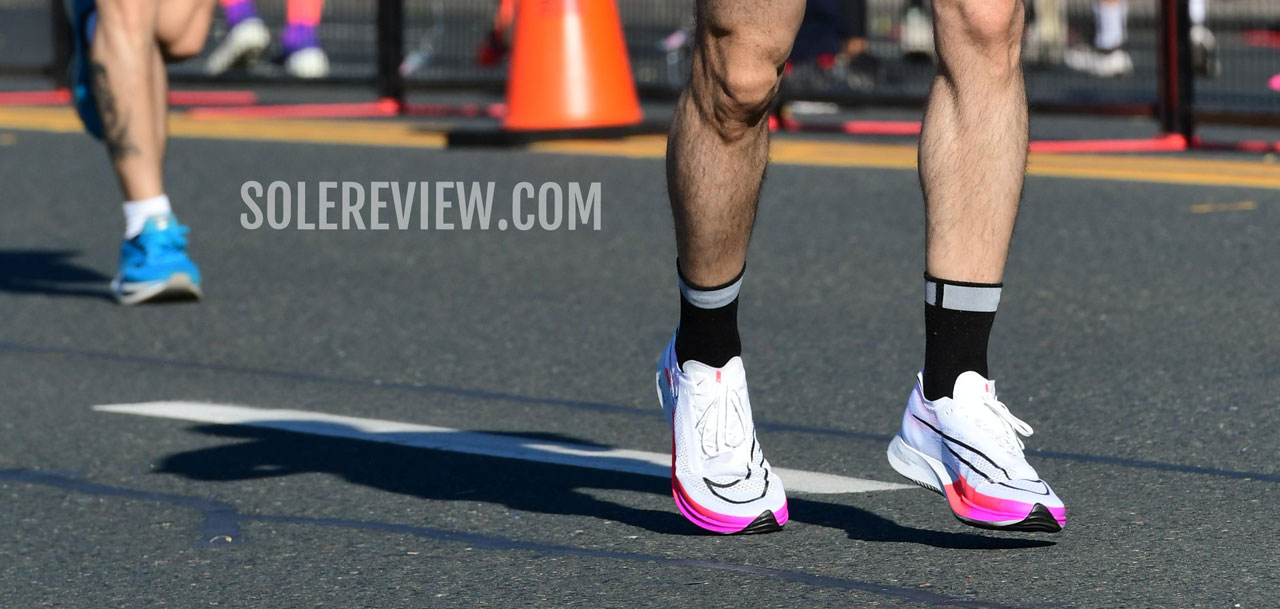
The lightweight upper disappears on the feet, and so does the midsole – this is a featherweight 6-ounce shoe.
The Streakfly isn’t perfect, though. The exposed areas of ZoomX foam under the heel tend to take a beating, and the foam bottoms out when loaded. As pointed out in our comprehensive review of the Streakfly, the outsole traction doesn’t have the bite of shoes like Saucony Type A9, Asics Tarther RP3, or the adidas Adios 8.
6) Entry-level 5K racer: Asics Hyperspeed 3
The Asics Hyperspeed used to be a long-continuing series that culminated with the Hyperspeed 7 – a traditional-looking distance racer with a firm ride.
The updated Asics Hyperspeed is a reset of the series and bears no resemblance to the Hyperspeed 7. The first version made its debut a couple of years ago, and borrowed its design lines from the Carbon-plated Metaracer.
The Hyperspeed 3 is very similar to the last couple of versions. The Flytefoam (an EVA foam blend) midsole delivers a smooth and cushioned ride that feels fast enough for 5K and 10K runs. On the road, treadmill, or track, the horseshoe-shaped rubber outsole has excellent traction. We do miss the smaller lugs from the Hyper Speed 1 though.
The soft and comfortable upper fit well, and is surprisingly well put together for its $90 retail price.
Do you own any of these shoes? Improve this review by sharing your insights – submit a review here.

